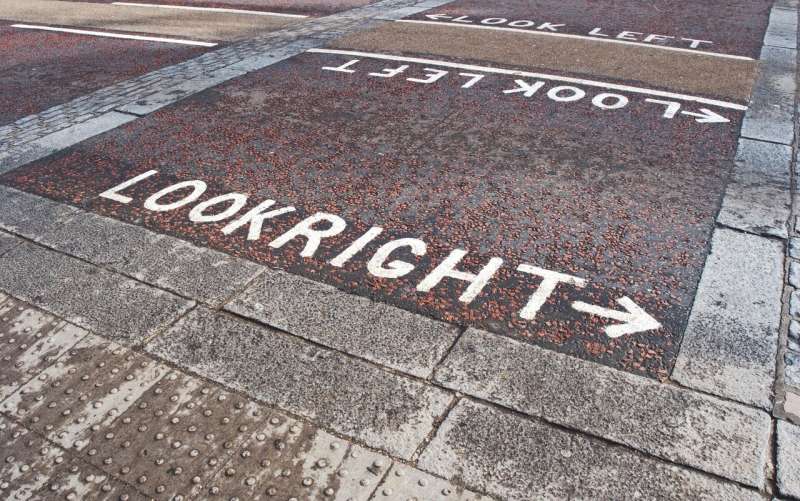The 2016 election did not increase political polarization

You'd be hard-pressed to find someone who would disagree that American politics are highly partisan. Partisanship has been on the rise since the 1970s, and the consensus among the media seems to be that political polarization has skyrocketed since the beginning of the campaign season for the 2016 presidential election.
But a new study from the Annenberg School for Communication does not support this popular belief. Professor Yphtach Lelkes and his research collaborators conducted a series of studies in 2014 and then replicated these studies in 2017, allowing them to compare levels of political polarization in the U.S. before and after Donald Trump was elected president. They found no increase in polarization, leading them to conclude that President Trump has not made things worse.
"I've been studying polarization for a long time," Lelkes says, "and elite discourse is arguably at its worst, which led us to theorize that partisanship would be worse since Trump took office. But we found that things really have not budged."
The first of the three studies tested participants' willingness to speak poorly of the other political party and their opposition of speech critical of their own party. The second study tested the extent to which participants desired to avoid members of the opposite party, even when participating in activities that were not related to politics. And the third study tested participants' willingness to commit or condone intentional actions designed to harm members of the opposing party.
These studies certainly indicate that America is politically polarized—evidenced by a preference for media critical of the other party rather than one's own, among other things—but the findings show no statistical difference between the levels of partisanship in 2014 and 2017. America is no doubt polarized; just not more so than it was before Trump entered the political arena.
"Trump is a symptom of polarization rather than a cause of it," says Lelkes. "People voted for him because of the highly polarized environment we already lived in; he didn't create that environment."
In fact, Lelkes' findings actually indicate that there's been a decrease in how positively Americans feel about their own party. Regular Americans are seemingly dissatisfied with both the party they identify with and the party they don't identify with. And as elites—like policymakers and media personalities—become increasingly extreme and partisan, those regular Americans might decide they don't want anything to do with either party, or with politics in general.
More information: Sean J Westwood et al. Are there Still Limits on Partisan Prejudice?, Public Opinion Quarterly (2019). DOI: 10.1093/poq/nfz034
Provided by University of Pennsylvania




















